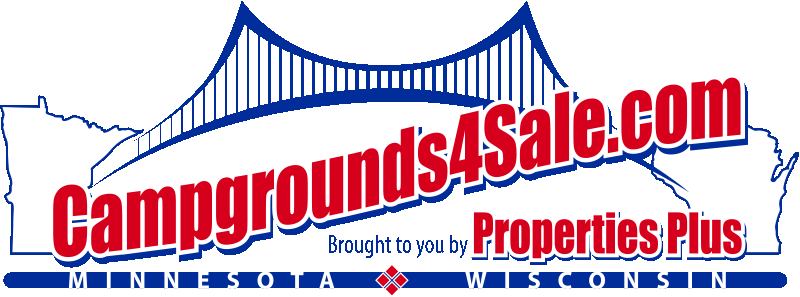We are seeing a large uptick in corporate campground buyers these days and this is surfacing for several reasons. Many corporate buyers are attracted by:
- Bulk Buying Opportunities
- Absentee Owner opportunities
- Saturation in other markets
- Higher Cap rates
Bulk Buying Opportunities:
In other words, these corporate or big house buyers have the cash and backing to purchase several properties at a time and develop teams in these areas to manage and oversee operations and report back to corporate.
This outlook really allows a strong buyer to spread the capitalization rate across several properties. It allows the corporate campground investor to pick up some really great money makers along with properties in a similar area that have tons of upside but have not yet produced at a higher cap rate.
These parks generally run at lower cap rates because of the owner. In simple terms, sometimes an owner is on the sunset side of their career and chooses to slow the pace of the business even though the demand is there. There are also part-time operators that hold down full-time jobs because of their passion, insurance needs, etc. – but it doesn’t allow them the time to build out or expand the business. These corporate folks tend to deep dive into the region to determine the traffic potential and end up picking up some of these hidden gems.
I’m here to help on both sides of that equation. – I can show you how to improve the books and therefore the forecast. – I can help sniff out these hidden gems and get you tied together in a deal that makes sense for both sides.
Absentee Owner Opportunities:
Many of these corporate guys are looking for opportunities that are not labor and/or customer-intensive operations. That simply means some of these corporate buyers want simple operations so they can spread management teams over more properties. Some big buyers do not care if the opportunity is right. It’s all about the cash flow and ROI – Return On Investment. There are many owners, especially in the corporate world, that might just be looking for a “mailbox check”. We work hard to try to find exactly what fits you and your organization.
Saturation in Other Markets:
Saturation has occurred in two specific areas – storage units and MHP (Mobile Home Parks – or sometimes referred to as Mobile Home Communities). Both of these markets have one glaring similarity – they allow the owner to be far more absentee than many other industries.
- Storage Units:
Years ago these were actually performing very high, but this market has been saturated. Now they are averaging at about 5.75% cap rate as of 2020. This doesn’t mean they are not profitable because they are. They offer very low overhead and very little turnover. In larger cities, you can find actually city blocks full of storage units. Many of these are also becoming skyscraper buildings! It’s a solid investment, but corporate buyers are starting to shift toward the campground industry. - Mobile Home Parks (MHP/MHC):
These markets were trading at one time in the high single digits to lower double digits of cap rate. Somewhere between 8% or 9% up to 15% years back. Lately, we are seeing these trade in the mid 6% to 8% cap rates. The largest current constraint in this market is obtaining used units to add to your mobile home park. This will not last forever, but it is something to consider as you look for investment opportunities.
Higher Cap Rates:
So the rationale around corporate buyers focusing on the campground industry is cap rate driven, typically speaking. The return on investment tends to be much higher and if you can couple that with multiple purchases in similar areas, these corporate guys can overlap staff to reduce overhead.
You may have noticed the first letter in each of the four areas creates the word BASH. Some folks feel like these corporate buyers are attempting to “BASH” the market and create a complete change in the industry.
I tend to think a little differently about this. In my opinion, corporate campground investors tend to create a “cookie cutter” approach to the look of their parks. Think of it as similar to a franchise, perhaps like a KOA or a Yogi Bear type park.
Our industry is a diverse set of campground visitors: some like the cookie cutter and some like the “Mom and Pop” approach to the park. Some like party central and some like quiet and no-frills.
So, my advice to all owners, and any of my new buyers out there is this: if your park is working don’t fix it too quickly. Do the research, watch your local market, and do not be afraid of new folks coming to your area.
If your competitor’s park is not right for the customer, yours may be just the ticket! Work to be the best park you can be!
